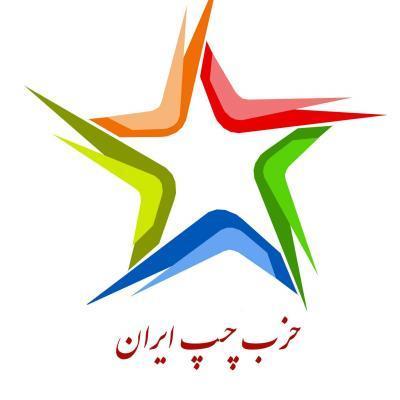Thirty Decisive Days: The Necessity of Returning to Negotiations and Avoiding War

On August 28, 2025, the three European countries (Germany, France, and the United Kingdom), invoking the so-called “snapback mechanism” under UN Security Council Resolution 2231, initiated the process of reimposing Security Council sanctions against Iran. This action, in accordance with the resolution, activates thirty days at the end of which, if no new resolution is adopted to continue the suspension of sanctions, all previous UN sanctions will automatically be reinstated. Such a process means an escalation of tensions at the most critical regional and global junctures.
From our perspective, this European move represents a step toward weakening diplomacy and facilitating militaristic tendencies in the Middle East. At a time when tensions between Iran and Israel are at their peak and the risk of confrontation has sharply increased, statements by European officials, such as the German Chancellor’s remark that “Israel is doing our dirty work for us,” are troubling signs of alignment with Israel’s war policies. Such alignment distances Europe from its historic role as a moderating force in global crises and may have repercussions far beyond the region for international stability.
From a human rights perspective, broad economic sanctions against the Iranian people, as acknowledged by UN special rapporteurs, constitute violations of human rights. Experience has shown that sanctions have neither forced the Islamic Republic to retreat nor empowered the people; instead, they have intensified economic hardship, closed political horizons, and stripped pro-democracy forces in Iran of their social agency. Millions of Iranians face economic misery, shortages of medicine, and fundamental deprivation, while the regime exploits these conditions to justify political repression. Sanctions neither change the government’s mentality nor the balance of power in favour of the people; they have only deepened suffering.
At the same time, it is undeniable that the Islamic Republic has brought the situation to this point. Its foreign policy does not prioritize the prevention of war and conflict. Restricting the access of International Atomic Energy Agency inspectors and inaction in recent talks with Europe have been clear mistakes that have fueled confrontation instead of defusing it. Furthermore, the regime’s partisan stance in the war in Ukraine and its supply of weapons to the Russian military have presented Iran to Europe as a dangerous and threatening actor. Time and again, the Islamic Republic had the opportunity to preserve Europe as a mediator or balancer in its relations with the United States and the West, but had its strategic errors, it has squandered this possibility.
Even so, a narrow window of opportunity remains. The snapback mechanism allows for a thirty-day period during which the Security Council can, through diplomatic initiative, prevent the automatic reimposition of sanctions. The next thirty days are vital. To return to dialogue and avoid the escalation of the crisis, and more importantly, to open a path toward avoiding war. Ignoring this window would mean accepting the full return of Security Council sanctions and placing Iran in unprecedented isolation, a situation from which only authoritarian adventurists within the Islamic Republic and war-mongering forces in Israel and the United States would benefit.
We call on the United Nations Security Council and its Secretary-General to deploy all their capacities to prevent the return of sanctions and to steer all parties back to the path of diplomacy. We expect all European countries to fulfill their historic role in preserving global peace and stability, instead of exacerbating sanctions and tensions. We urge all parties to make use of the best of the thirty-day window and to prevent the region from plunging into another war. We welcome Russia’s proposal to postpone for six months the activation of the snapback mechanism. This opportunity is meaningful only if directed toward a peaceful solution and a commitment by all parties to achieve. Thus, we condemn any potential military action against Iran by Israel or the United States. Our fundamental position regarding the current tension over the Islamic Republic’s nuclear program is the voluntary termination of enrichment; at the same time, we welcome an agreement that ends sanctions while preventing the nuclear program from being diverted toward military purposes.
A potential war in the Middle East would engulf not only Iran and its neighbours but the entire global community. In a world already plagued by the flames of war and poverty in Ukraine, Africa, and elsewhere, the responsibility of Europe and the United Nations to contain new crises is all the more urgent.
International Relation of the Left Party of Iran
September 4 2025
